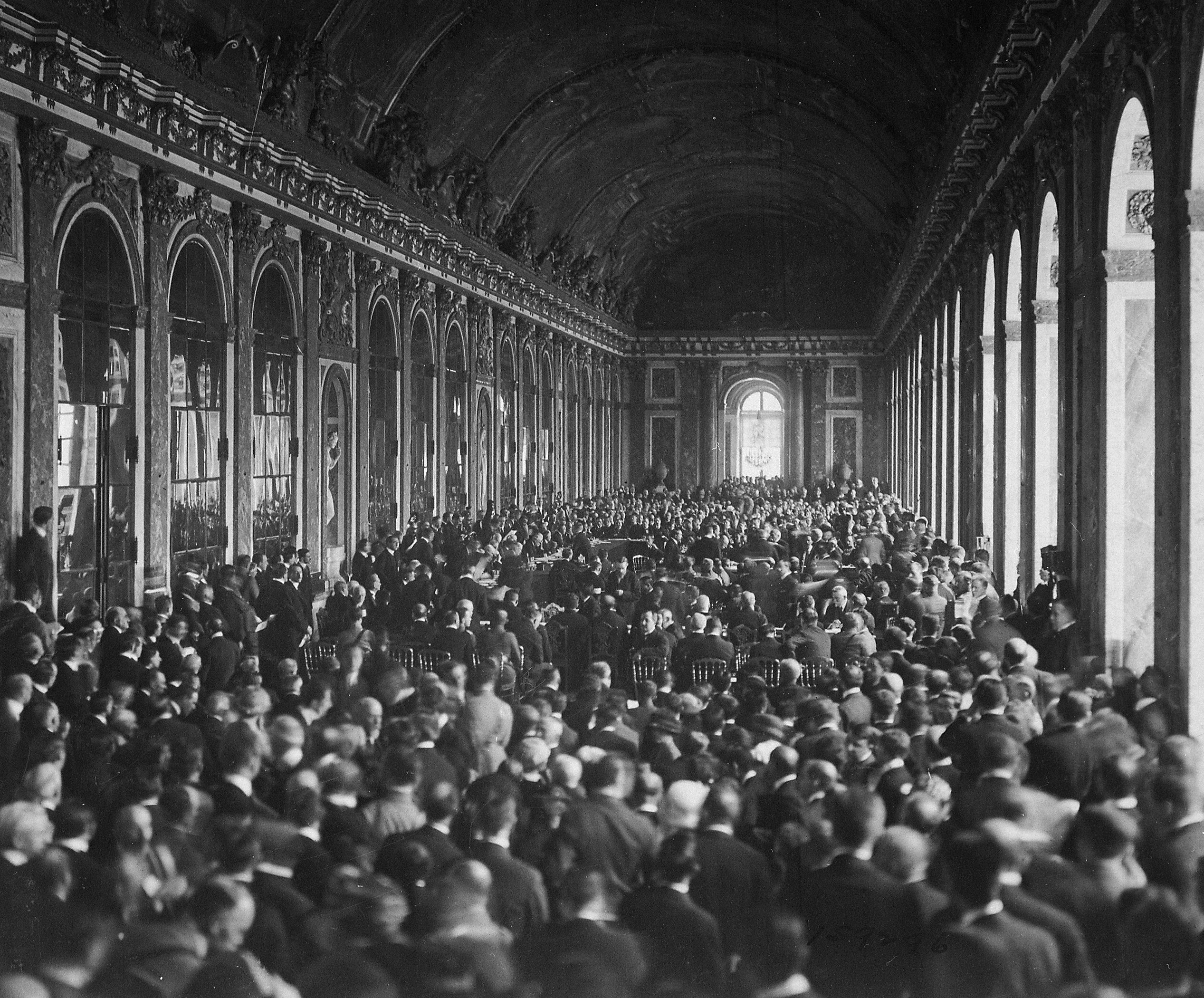Research theme 2 : Rivalry and negociations: international relations, diplomacy and war

International relations
International relations always occur within a relationship to space that contributes to their intelligibility. Beyond the states’ rivalries for control of certain regions, this theme will study the areas that were not administered by a sole power and that therefore required international cooperation. Thus, questions regarding the freedom of the seas and maritime hegemony will be explored, along with the universality of a norm governing international dialogue. The third focus will be on neutralised areas, recognized as under no full nor exclusive sovereignty. These multiple questions will then lead us to address the processes and means for appropriating distant lands. Along with conquest, which is the best-known form, there are other territorial acquisition processes. This theme will investigate the discourse of claims to certain territories that run through the history of colonization and European rivalries – we cannot escape from working on frontiers.
Actors and processes of diplomacy
This research theme focuses more on the frameworks and forms of international negotiation rather than the transaction itself. This involves reflecting on the different types of individuals who participated in diplomacy and on the conditions in which they fulfilled their missions. A first series of studies will focus on diplomatic expertise and skills, to see how the skills of the period were mobilized to serve diplomats. Diplomatic activity is marked with the seal of irregularity, which we will try to explain in terms of negotiations as well as the material conditions of the time. Finally, the notion of power will be explored by turning attention to the ‘small states.’ By adopting a differentiated view of the diplomatic stage, we will distinguish what may be termed ‘low-intensity diplomacy’ from major negotiations.
War and peace
The broad objective of this theme is to reflect on the relationship between war and peace by focusing on how they are organized in relation to one another. We want to move beyond a binary conception of alternating war and peace to examine the range of transitions from one to the other. In so doing, this research will examine the process of entering into war seen through discourse, the chronological correspondence between the ‘official’ beginning of the war and its actual beginning, periods of precarious peace, and undeclared wars. The state of war is characterized by the fact that certain rules enter into force. The transgression of those rules, in the period before the twentieth century, should be re-examined by looking closer at where they took place, what kinds of victims were involved, and the forms and methods used. Finally, this theme analyses the defence of Europe from the end of the First World War to the present and projects for organizing that defence, particularly when dealing with new forms of conflict (such as terrorism or piracy). The concept of collective security, mediation practices and conflict resolution mechanisms will be the focal points of this research.






